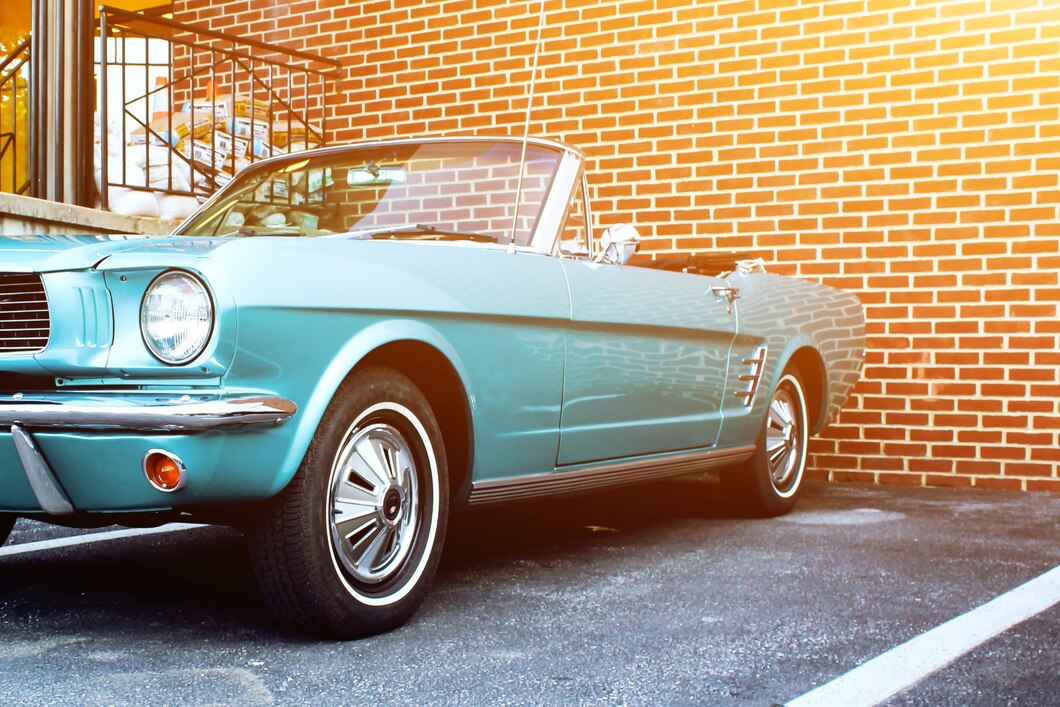In an era of rapid technological advancement and shifting consumer preferences, classic cars stand as timeless reminders of automotive heritage and craftsmanship. From vintage muscle cars to elegant roadsters, these iconic vehicles capture the imagination and evoke a sense of nostalgia for bygone eras. As we navigate the complexities of the modern automotive landscape, the future of classic cars holds both challenges and opportunities for enthusiasts, collectors, and preservationists alike.
A Legacy of Innovation and Design:
Classic cars represent more than just modes of transportation—they embody the pinnacle of automotive innovation, design, and engineering from their respective eras. From the sleek curves of a 1950s Cadillac to the raw power of a 1960s Ford Mustang, each classic car tells a story of ingenuity, craftsmanship, and style that transcends time.
Challenges in Preservation:
Despite their cultural significance, classic cars face numerous challenges in preservation and maintenance. The passage of time, exposure to the elements, and scarcity of original parts pose significant hurdles for collectors and restoration enthusiasts. Additionally, evolving emissions regulations and technological advancements present unique challenges in keeping classic cars roadworthy while complying with modern standards.
Rising Interest and Investment:
In recent years, there has been a resurgence of interest in classic cars among enthusiasts, collectors, and investors. The allure of owning a piece of automotive history, coupled with the potential for appreciation in value, has led to a booming market for vintage automobiles. Auctions, car shows, and specialized dealerships cater to a growing demand for classic cars, fueling a thriving industry built on nostalgia and passion.
Modern Technology Meets Classic Cars:
Advancements in technology have revolutionized the classic car industry, offering innovative solutions for preservation, restoration, and customization. From 3D printing of rare parts to digital modeling for precision restoration work, modern tools and techniques are breathing new life into vintage vehicles. Electric vehicle (EV) conversions for classic cars represent another emerging trend, offering a sustainable and eco-friendly alternative to traditional combustion engines.
Cultural Preservation and Education:
Beyond their monetary value, classic cars play a vital role in preserving automotive heritage and cultural identity. Museums, historical societies, and educational programs serve as custodians of automotive history, showcasing iconic vehicles and sharing the stories behind them with future generations. Events like vintage car rallies and concours d’elegance celebrate classic cars as living artifacts of human ingenuity and passion.
Balancing Tradition with Innovation:
As we look to the future of classic cars, striking a balance between tradition and innovation will be crucial in ensuring their continued relevance and longevity. Embracing modern technologies while preserving the authenticity and integrity of vintage vehicles is essential for meeting the evolving needs and expectations of enthusiasts and collectors. By fostering a culture of appreciation for automotive history and craftsmanship, we can ensure that classic cars remain cherished treasures for generations to come.
In conclusion, the future of classic cars holds promise and potential as we navigate the intersection of tradition and innovation in a modern world. By embracing technological advancements, preserving cultural heritage, and fostering a community of passionate enthusiasts, we can ensure that classic cars continue to captivate and inspire for years to come. As guardians of automotive history, we have a responsibility to cherish, celebrate, and preserve these timeless symbols of ingenuity and artistry for future generations to enjoy.











